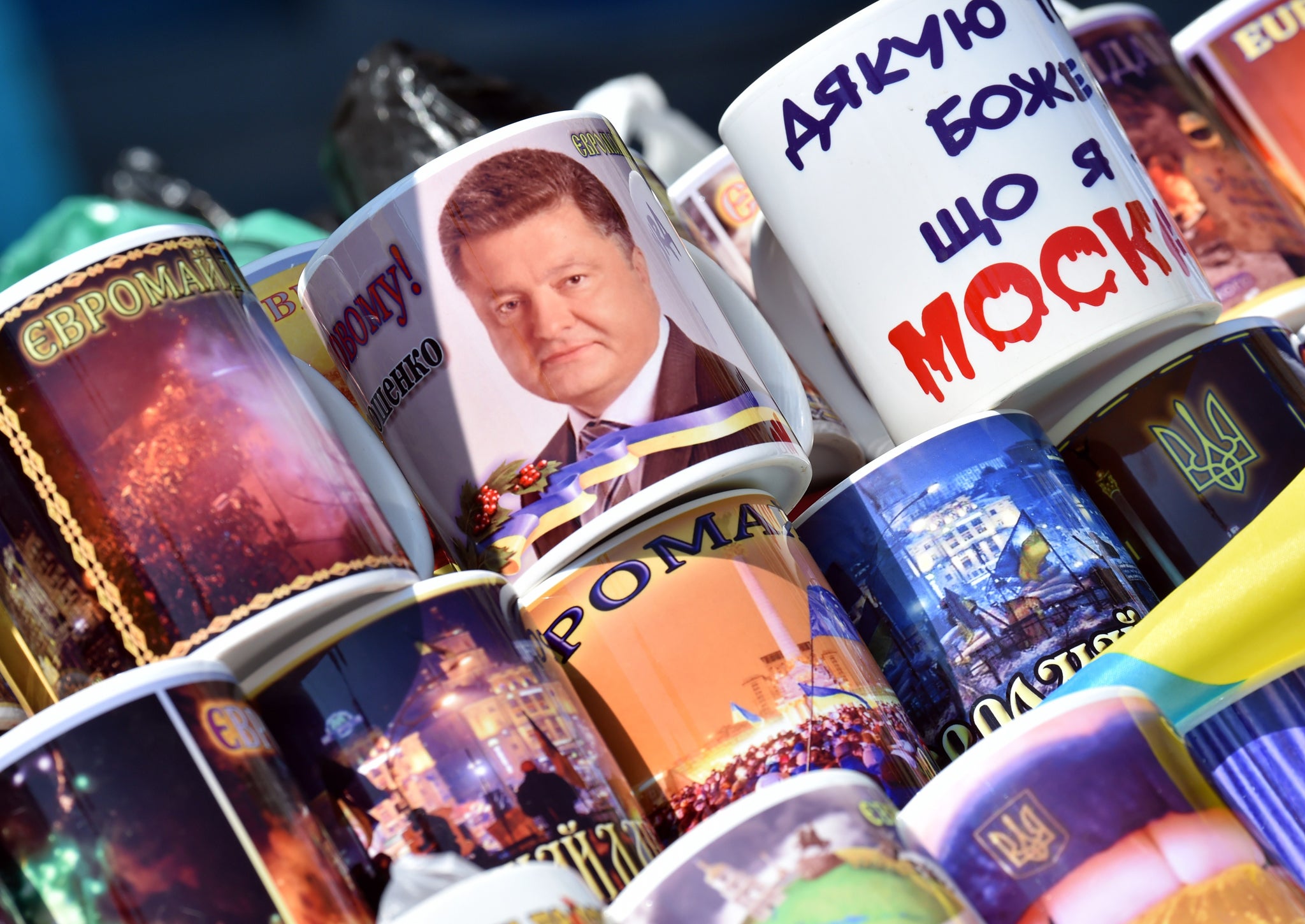Petro Poroshenko is likely to fail as Ukraine's new president
What can 'The Chocolate King' do to fix the country's problems?

Your support helps us to tell the story
From reproductive rights to climate change to Big Tech, The Independent is on the ground when the story is developing. Whether it's investigating the financials of Elon Musk's pro-Trump PAC or producing our latest documentary, 'The A Word', which shines a light on the American women fighting for reproductive rights, we know how important it is to parse out the facts from the messaging.
At such a critical moment in US history, we need reporters on the ground. Your donation allows us to keep sending journalists to speak to both sides of the story.
The Independent is trusted by Americans across the entire political spectrum. And unlike many other quality news outlets, we choose not to lock Americans out of our reporting and analysis with paywalls. We believe quality journalism should be available to everyone, paid for by those who can afford it.
Your support makes all the difference.It's Petro Poroshenko's first week on the job as the president of Ukraine, and few would envy him. Elected as an MP in 1998 with the support of Leonid Kuchma and serving under every president since, he is a pragmatist and survivor who can get on with anyone.
But with separatists seizing Donetsk airport the day after his landslide election and killing a major general shortly after, it now will be fighting and not talking which characterises his first days.
It's high stakes: Putin has warned him against stepping up the military campaign against the Russian-backed separatists. But with IMF-ordered austerity measures and increases in gas prices set to cut his popularity, he can't afford to lose control of any more of Ukraine.
Ukraine has been here before: an Orange Revolution ten years ago, crowds in the Maidan, an Orange Princess before the Chocolate King.
Since then, corruption has swallowed up IMF money, much of the public exchequer, and Yulia Tymoshenko's political prospects have dwindled (she only received 12 per cent of the vote on the May 25).
If this revolution (and $17bn IMF bail-out) is not to meet the same end, it will need firm steps against the corruption that Ernst and Young places amongst the three worst in the world.
An obvious starting point is an independent anti-corruption agency with teeth and the ability to bring prosecutions, but these can easily be politicised.
But the hardest task will be winning the support of Ukraine’s divided people. In the days since the election, I went to visit the separatists' headquarters in Donetsk, the leaders of the heady Euromaidan demonstrations, and the new president's parliamentary supporters, to see what the coming months hold for Poroshenko and Ukraine.
I spoke to two young women in their twenties, named Natalia and Olga, who want the region to become part of Russia. Neither had ever been to Russia, or out of Ukraine. Both received most of their news from an anti-Maidan group from a site called VKontakte, the Russian-language Facebook.
Olga blamed the Maidan protests for the economy's woes and the currency's devaluation. Natalia said Maidan was why she wouldn't have her next holiday.
A university lecturer by the name of Oleksiy fled Donetsk with his family after the airport was seized. The militants, he said, had fortified the city and established checkpoints.
“When the city becomes dark, it becomes dead, like a scene from a zombie movie,” he said. He believes Poroshenko, as a pro-Maidan candidate, will first try to crush the separatist insurgency in the East, then negotiate with Moscow from a position of strength.
Olga Belkova, an MP and supporter of Poroshenko from the Ukrainian Democratic Alliance for Reform party, or UDAR, says Ukraine needs to help its farmers develop new markets to replace their exports to Russia.
She believed the IT industry was greatly prepared for expanded trade with the EU and eventual accession, and that the next government should foster e-commerce to help Ukrainian entrepreneurs access distant markets directly.
Lidia Zhgyr, a university student who volunteered as a nurse in the Maidan, told me 'I just don't want to turn the greatest experience of my life into a disappointment.' Of Poroshenko, the chocolatier-oligarch, she said 'we were fighting for new blood in our politics, and this new blood didn't appear in our list of presidential candidates.'
Soon Poroshenko will have be trying to win over all these people while a neighbouring country sends battle-hungry chaps across his border into the east, and gas prices and inflation surge. In this context, you start to see why he might wish he were back making chocolate.
Join our commenting forum
Join thought-provoking conversations, follow other Independent readers and see their replies
Comments